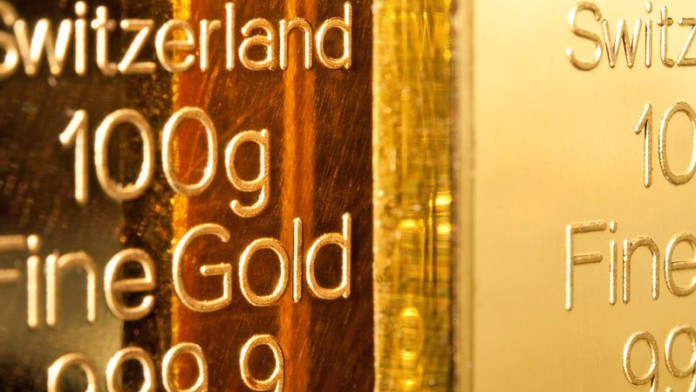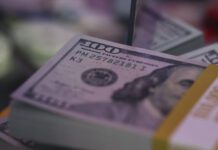
THE US has classified one-kilogram gold bars under tariff-bearing customs codes, threatening to disrupt global bullion markets and delivering another setback to Switzerland’s dominant refining industry, said the Financial Times on Friday.
The Customs and Border Protection agency determined that one-kilo and 100-ounce gold bars fall under classification codes subject to levies, said the newspaper citing a letter detailing the ruling and dated July 31. The decision contradicts industry expectations that these products would receive tariff exemptions under different customs classifications.
One-kilogram bars represent the most commonly traded format on Comex, the world’s largest gold futures market, and constitute the majority of Swiss bullion exports to America, said the Financial Times. December gold futures surged to an intraday record of $3,534 per ounce following news of the customs ruling.
The tariff classification adds pressure on Swiss-US trade relations after Washington announced a 39% tariff on Swiss imports last week. Gold ranks among Switzerland’s largest exports to the US, according to customs data.
Christoph Wild, president of the Swiss Association of Manufacturers and Traders of Precious Metals, described the ruling as “another blow” to Swiss gold trade, warning it would complicate efforts to meet American demand for the precious metal.
Earlier this year, traders accelerated gold imports ahead of anticipated “liberation day” tariffs, creating record Comex stockpiles and temporary London shortages. However, when tariffs were announced, exemptions for certain bullion classifications were widely interpreted to cover large gold bars.
Global bullion flows typically follow triangular patterns, with large bars traveling between London and New York via Switzerland for recasting into different sizes. London uses 400 oz bars while New York prefers kilogram bars.
Switzerland exported $61.5bn in gold to America over twelve months ending June, which would now face an additional $24bn in tariffs under the 39% rate, the Financial Times said.









